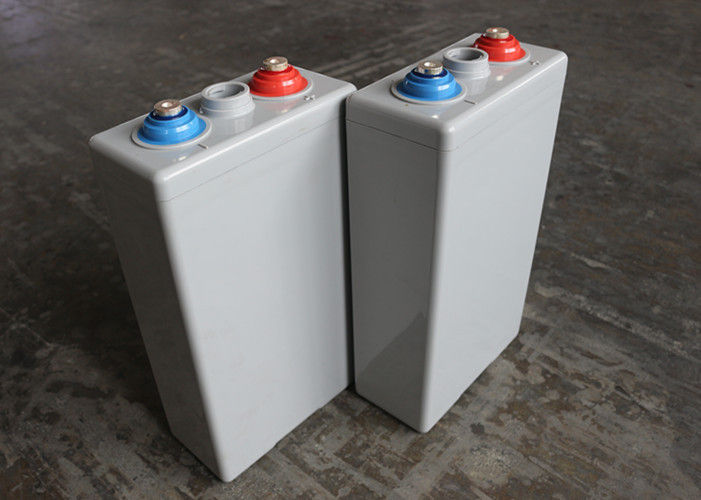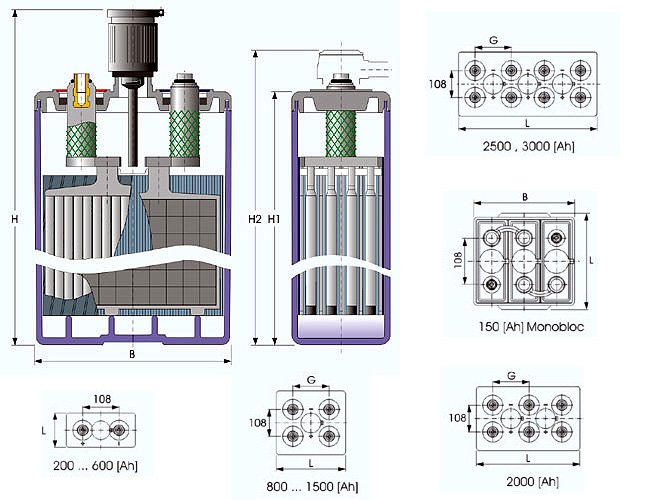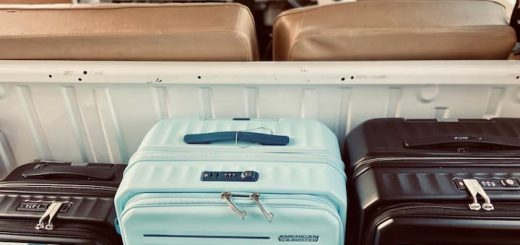The Best Type of Battery for Solar Storage
As controversial as it sounds, a solar power system still needs a way to be powered, and the most efficient way to do it is with batteries. Batteries in most solar applications can’t just be bought from a local market, as they won’t have the properties and meet the demands of heavy cycling, unstable grid energy and irregular full recharging. However, there are a couple of battery types that can satisfy these unique requirements, and some of the things to consider when buying such batteries are: life cycle, cost, installation and maintenance.

The most popular type of batteries used for solar applications are gel batteries. These batteries are also known as valve regulated lead-acid batteries and they contain an acid that’s been gelled by adding silica gel, which turns the acid into solid mass. They contain less acid than a regular lead-acid battery and are also used in marine applications, wheelchairs and golf carts. Using gel batteries over other types of batteries for all your solar applications has a lot of advantages, such as the following.
Being Maintenance Free
VRLA batteries are maintenance free, meaning you’ll have more time to relax, and spend less money on maintenance costs. Their system is designed to eliminate the emission of gases, the volume of battery acid (free electrolytes) that they release is very small. Therefore, there is no need to check the levels of top off water lost and the level electrolytes lost due to electrolysis.

Leak-Proof
These batteries are leak proof, meaning they won’t leak even if their container is broken or cracked. Moreover, no leaks means no rust. A glass-mat separator that’s featured in these sealed lead-acid batteries absorbs, and holds the electrolyte between the lead plates, hence not allowing it to spill or leak.
Fully Rechargeable
Even though you might have to spend extra money on a charger, it’s a very worthwhile investment in the long run. Still, recharging them doesn’t require any additional work, except for when you install the charger. However, it’s of utmost importance you buy a proper charger that goes with the batteries you have, otherwise poor performance may ensue.
Heat and Shock Resistant
VRLA batteries are capable of operating in extreme temperatures, both very low and very high. They last significantly more in solar applications over other battery types, and are non-corrosive so you won’t have to worry about sulfuric acid leaks. The plastic cases of VRLA batteries are rugged and are capable of withstanding heat, shock and vibration.






